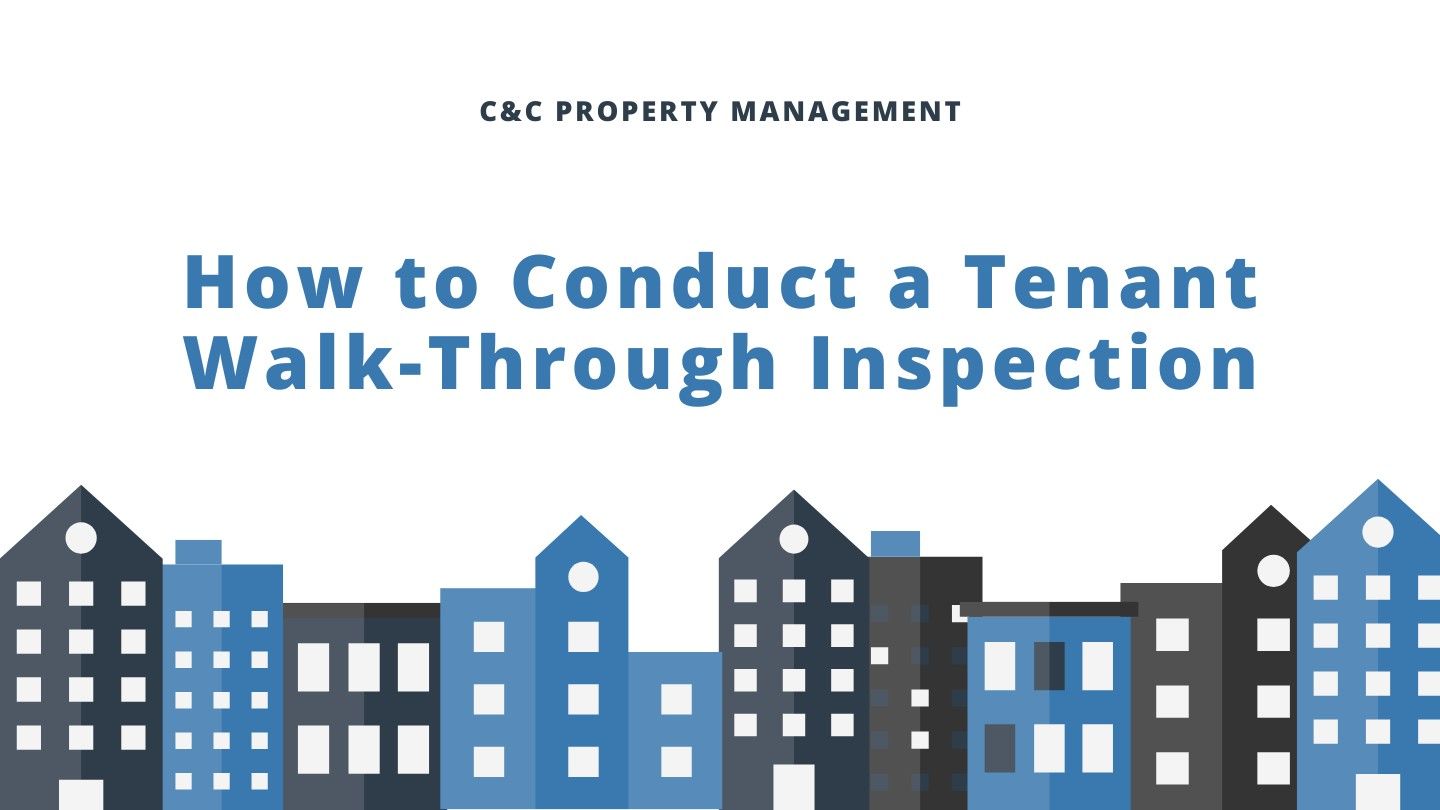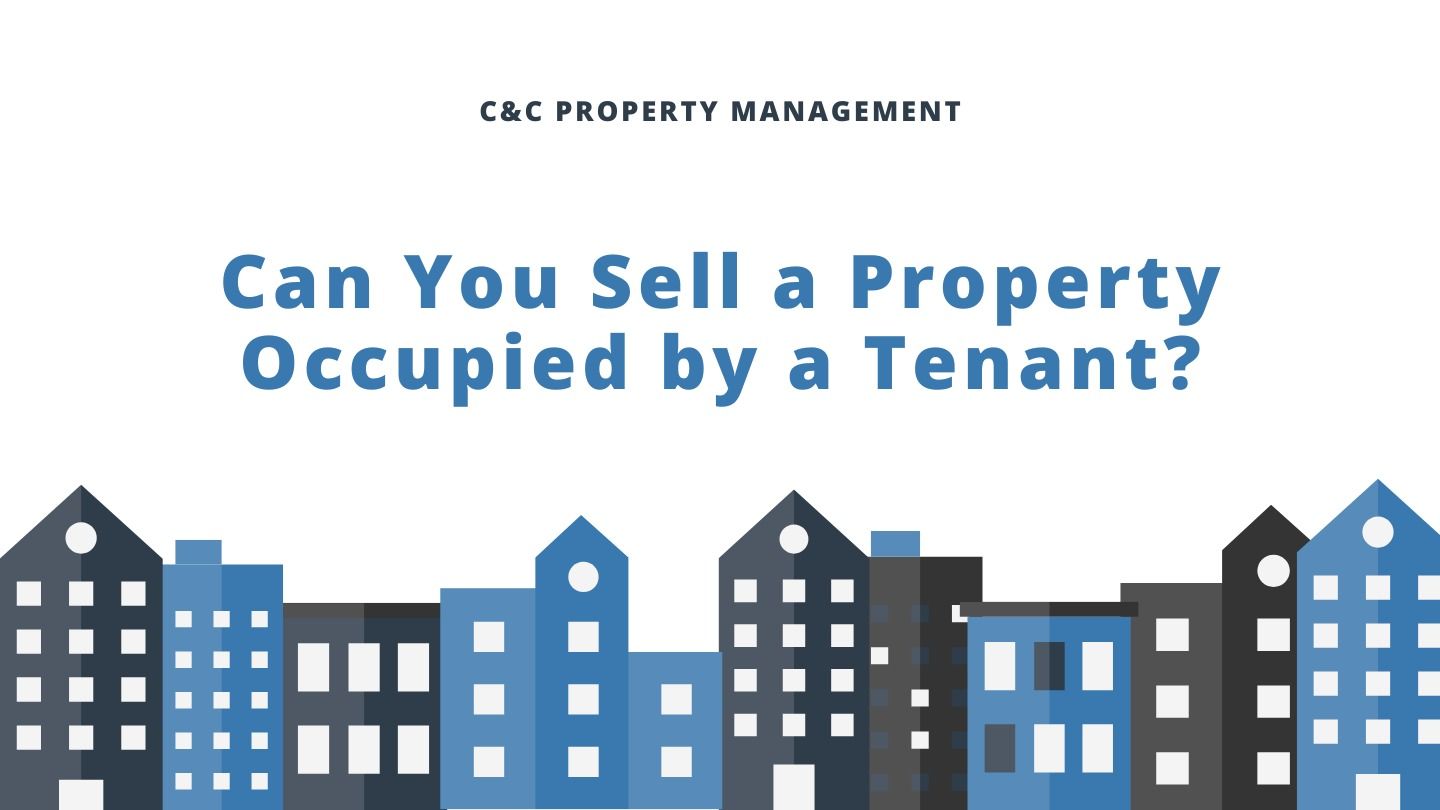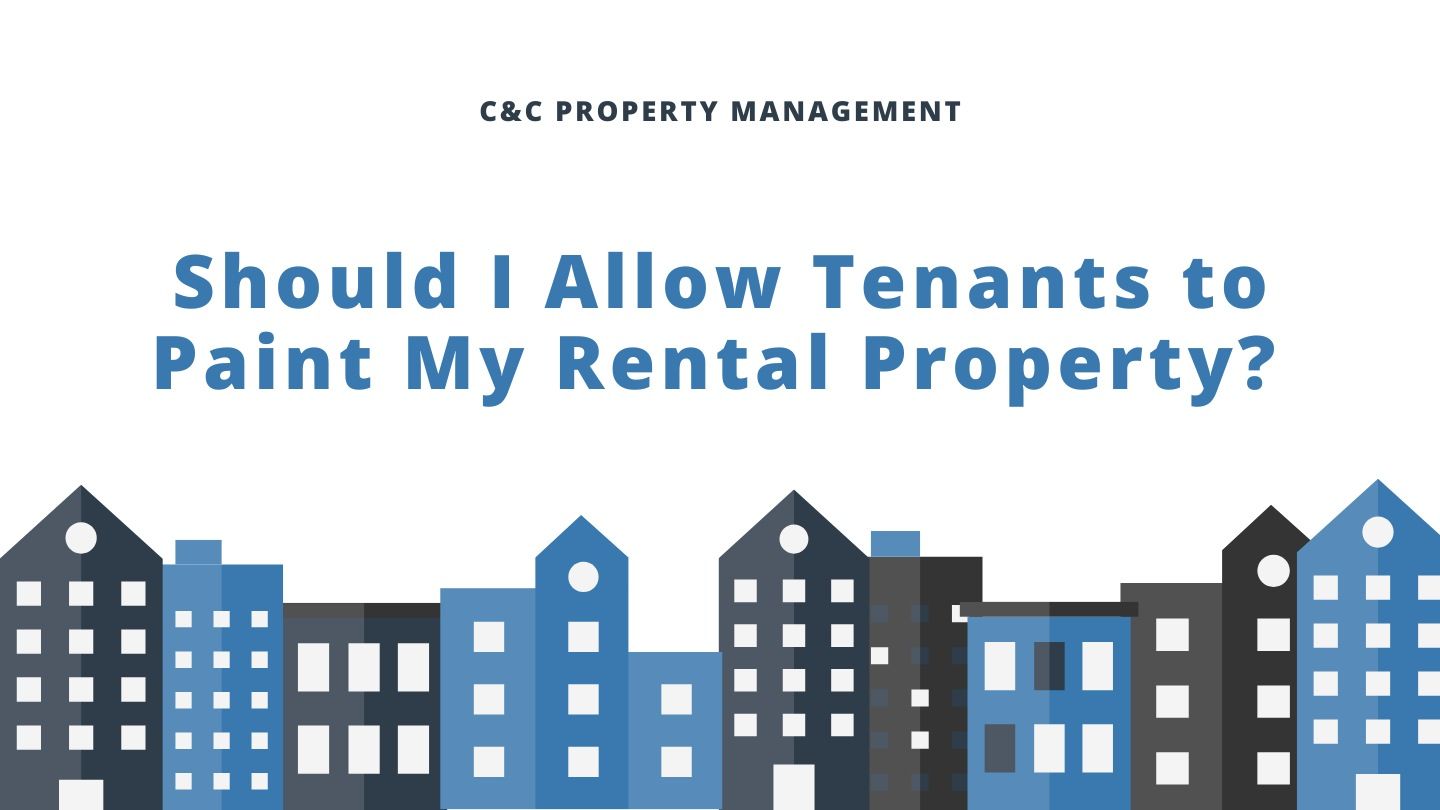SB 1017
California has another bill waiting for Newsom’s signature to create additional protections for victims of domestic violence who live in rental housing.
Bill , SB 1017, by Sen. Susan Eggman, D-Stockton, builds on significant protections already in place for domestic violence survivors in rental housing. Landlords may not terminate a tenancy or fail to renew a tenancy based only upon an act of domestic violence against a resident or resident’s household member.
Existing law allows victims to move out of rental housing to avoid their abuser, and they can terminate their lease 14 days before written notice without penalty. The resident or a member of the resident’s household must provide specified documentation to the landlord for the protection to apply.
A tenant who fights an eviction under SB 1017 could take two forms:
If the perpetrator of domestic violence does not reside in the same unit with the victim, the victim can file an answer claiming they are protected and cannot be evicted so long as the victim does NOT invite the abuser back to the property.- If the abuser lives in the same unit, the court can order a partial eviction, allowing the victim to say, while the unlawful detainer proceeds against the abuser.
Landlords confronted with these defenses can also proceed with an eviction if the abuser has threatened the safety of other residents and guests, and the resident continues to voluntarily allow the abuser to visit the property after a three-day notice requiring the resident to stop.
If you have any questions and/or concerns about this bill, please visit www.caanet.org for more information. .








